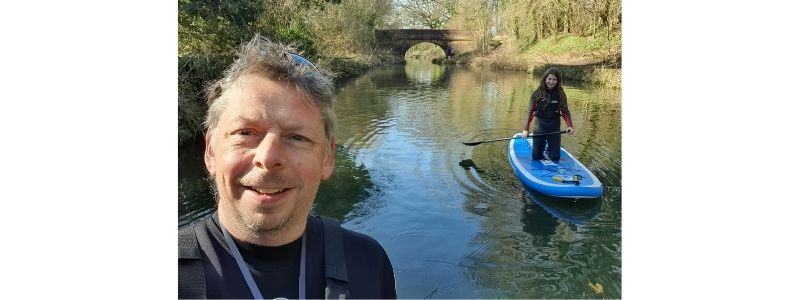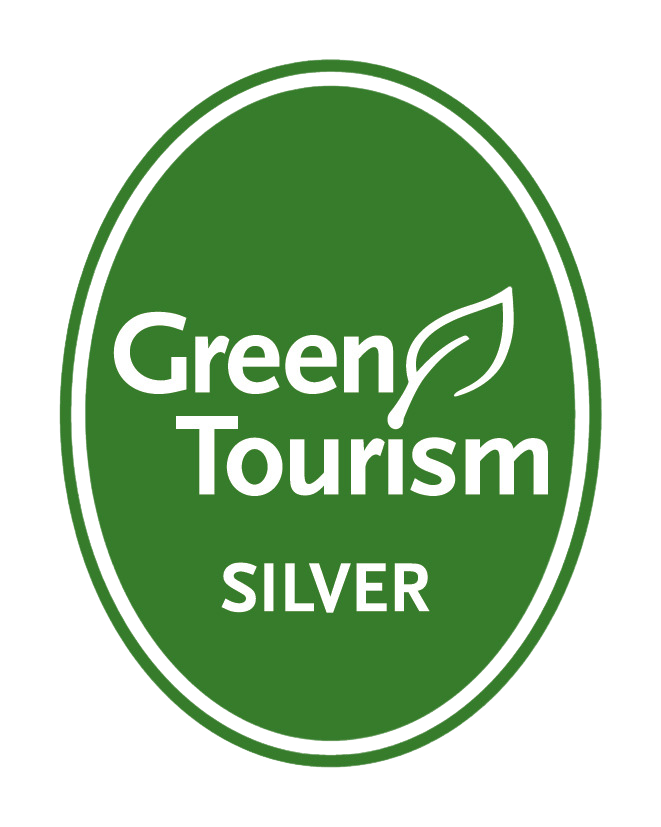Welcome to our new Member Spotlight series, where each month we will be highlighting members that go above and beyond or have extraordinary and compelling stories to tell. For our first Member Spotlight we are delighted to feature Willy Wonka Travel, a family-run tour operator and travel agent with personal experience of the challenges of autism, and the UK’s only IBCCES-certified autism travel professionals.
In an IBCCES survey of 1,000 autism parents, 87% of respondents said that they do not take holidays as a family, but 93% said they would if autism-friendly options were available. Willy Wonka Travel helps families like these to enjoy much needed holidays where they can relax, spend quality time together, and take on new and exciting experiences. We spoke with Owner and Founder, Nic Lander, to understand more about about the business, some of the challenges faced by families with neurodiverse needs, and his thoughts on the future of accessible tourism.

Thank you for taking part in our first Member Spotlight! Can you tell us a bit about your background and what led you to found Willy Wonka Travel?
I spent 35 years in the hotel industry as a concierge and loved the interaction with guests. Of course, not all guests are the same and having three neurodivergent daughters and a family that loves to travel gave me the idea for Willy Wonka Travel – why not put in the place the things we do for our family, for other neurodiverse families.
How has the travel landscape changed for people with autism since you first launched your business?
In my opinion the industry is changing for the better. People increasingly know what autism means, or have an idea anyway. America is a wonderful example of how things are moving; Mesa in Arizona has become the first autism-friendly city. That means everyone from the fire brigade to school teachers, restaurant owners to sport stadiums have been training in autism awareness. This will be the first of many I’m sure.
What are some of the major challenges faced by families looking for autism-friendly travel options?
Families are always worried about being judged and I still worry now. People see a young boy having a meltdown and assume it’s just bad parenting. They fail to see what could have happened in the run up to it.
What are some of the most rewarding parts of your job? And the most challenging?
It’s always very rewarding when guests come back or check in with us during a visit and say that everything is going to plan. It’s the little things that are important and if its going to plan then it’s a massive win for the family.
The most challenging aspect is people’s ignorance to neurodiversity. We work very hard to make sure everyone who comes into contact with one of our families knows everything about them because knowledge is king, but companies can get sloppy and drop the ball. We tend to use the same hotels, airlines, drivers and guides as much as we can because we invest our knowledge into them so they can help our families.
What might a typical autism-friendly day out look like?
Every day could be an autism-friendly day with the right planning. Neurodiverse people are the same and you and me; they love the same things. If we take my family for example – I love London and being a Londoner I love to show my kids the wonders that we have on our doorstep. For us, we might start with the Thames Clipper from Chelsea Harbour (as it’s a quieter stop), sit outside if the weather is good and take the boat up to Tower. We would walk along the South Bank from Tower to the London Eye, stop for a coffee, grab some food from the street vendors outside the National Theatre, take a look at the exhibition at the South Bank Centre or even take in a performance as the National Theatre have a fantastic accessibility programme for disabled guests. We would finish with a trip on the London Eye, and in fact Merlin attractions are very good with neurodiverse guests.
Can you give some examples of the best autism-friendly experiences you’ve come across?
In the USA it has to be Disney and Universal; their programmes are awesome. It also has to be said that the TSA programme at US airports is the best by far. In the UK, Merlin attractions are very good. They offer a Ride Access Pass which you apply for along with supporting documents of your individual needs. The pass allows families to use a virtual queueing system so they can be in a quieter part of the park until the time comes to board. This really helps to take the stress out of waiting in busy, loud lines, and the family can board via a separate Ride Access line.
What advice can you give for tourism businesses looking to become more autism-friendly?
We are currently in the process of developing two CPD and ISO9001 accredited courses for the tourism industry. One focuses on accommodating autistic guests and the other will be for travel agents. These will be a relatively inexpensive way of helping people understand the challenges of neurodiversity and how we can assist our guests.
It’s important to remember that not all disabilities are visible. If a guest arrived in a wheelchair you would know exactly what to do. But autism isn’t visual and with 1 in 50 people worldwide being on the autism spectrum, it is really important to make plans for neurodiversity. Neurodiversity is nothing to be scared about – you just need to have a plan!
As part of the Tourism Sector Deal, the Government set a target for the UK to become the world’s most accessible tourism destination by 2025. From your experience how does the UK compare to other destinations when it comes to welcoming visitors with autism?
We have a lot to do in making people understand the challenges that these families have, and it’s up to decision makers to not put off what they know they must do. We have the Equalities Act 2010 and the Autism Act 2020 which is currently going through Parliament – when finished they will be very powerful. All we need is an understanding of the simple adjustments that may need to be made to accommodate our families.
Finally, as a parent of a child with autism, what advice can you give to families who might be feeling a bit nervous about booking a weekend away or their first trip abroad?
Most neurodiverse families tend not to venture to new places because they are worried, so they stick to tried and tested options. It still terrifies me but we plan, plan, and plan! Being neurodiverse myself it helps me to see our travelling families through the lens of our own family – what we do, how we would plan. No plan is fool proof but we try to prepare for all eventualities and contract to people that we know understand these needs. And if we need to change plans quickly, we can be confident that our people will do it.
For more information on Willy Wonka Travel please visit willywonkatravel.com or email [email protected].
Nic is also the founder of the Kimel Foundation which works to help young people with autism into employment. We will also be sharing more information with members in the coming weeks on the new courses to help venues and tour operators welcome autistic guests and their families.








